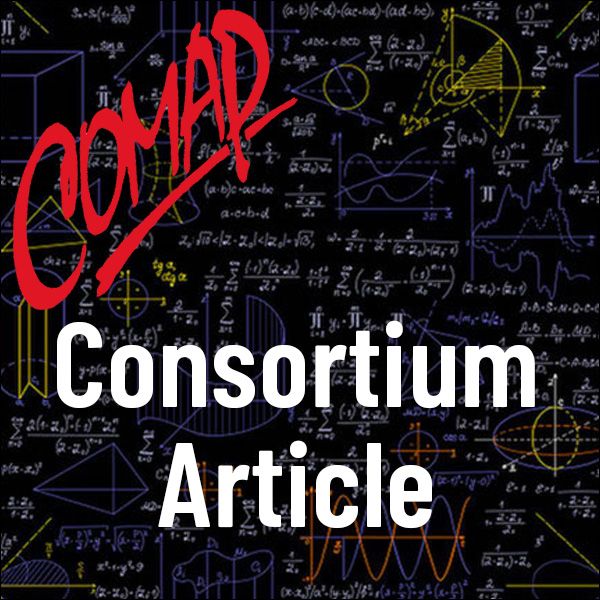Using Modeling To Reinforce Non-Mathematical Skills Part 2 - Teamwork
Author: Lucas C. Castle and Jessica M. Libertini
Even though we are math teachers by discipline, our students need to be prepared for an interdisciplinary world. A sole focus on mathematical topics and techniques has the potential to leave students ill-equipped for the challenges faced in their lives and future careers. That said, mathematics in and of itself should not be devalued as a tool and skill. We absolutely should focus on our specific field of study, but also leverage opportunities to develop more general, transdisciplinary skills. In fact, we have the perfect vehicle by which to develop and refine sought-after abilities, such as critical thinking and problem solving, communication of ideas, and teamwork, the latter of which we will focus on in this article. Math modeling, as described in the GAIMME report, involves tackling complex, openended problems-problems that not only become instantly more tractable by working in groups, but whose solutions benefit from multiple perspectives.
In the previous issue, Part I of this series addressed how math modeling can be used to develop communication skills, and Part III of this series will discuss complex problems solving. In this article, Part II of the series, we aim to discuss the following questions surrounding teamwork and leadership in the mathematical classroom:
• Why is teamwork important?
• Why should I emphasize collaboration in my class specifically?
• How do I implement and encourage productive group work in the classroom?
• How do I assess group work and assignments?

Mathematics Topics:
Application Areas:
You must have a Full Membership to download this resource.
If you're already a member, login here.